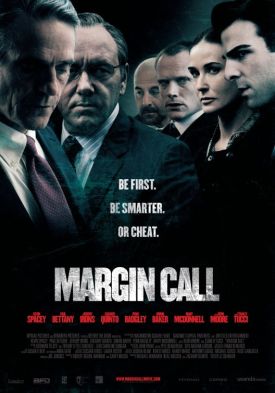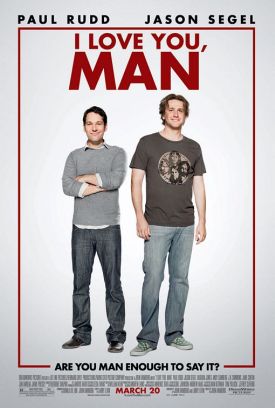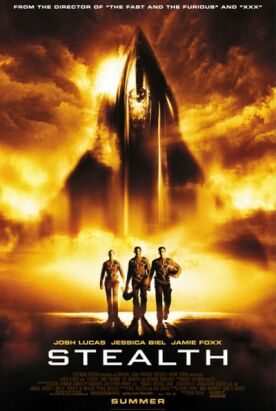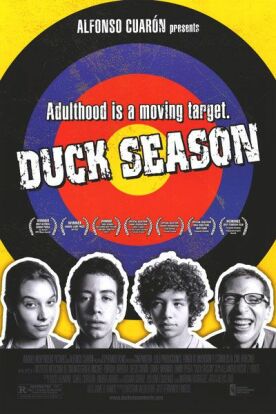Margin Call
My first unaccompanied car-purchase, when I was older than I would now care to admit, was of a blue, six-year-old Renault 4 and it cost me, if I remember rightly, £250 — which at the time was worth about $650. I was a penurious American student in England, and that represented a considerable part of the money I had available to support me for the remaining year of my course there and so was something of an extravagance. But I was determined to use the “long vac” for an extended camping trip through the land of the Renault’s manufacture and thought that it would be a good idea for my prospective means of conveyance to feel at home there. I don’t remember what I eventually discovered was wrong with it, but I do remember that it cost as much to fix as the car itself had cost me. I also remember the look on the face of the seller when he saw the cashier’s check that I had just presented him with. He couldn’t believe his luck.
In that moment — too late! too late! — I knew already that I had been sold a pup, though I wouldn’t admit it to myself until the fact became undeniable. Fortunately, the car got me around France and back to England again before its mechanical problems required immediate attention. Doubtless this was a good learning experience for me, and not only because I didn’t make the same mistake again. I learned, for instance, where the ancient maxim, caveat emptor, comes from and why it is so crucial to the economic progress of mankind. The honorable thing would of course have been for the seller to tell me that there was something wrong with the car, but then it would not have been salable. In these circumstances, a man is a fool to expect honorable behavior from others, even though what that man did was no less dishonorable. Trust but verify, as Ronald Reagan used to say. People forget that he was making a joke.
J.C. Chandor, the writer-director of Margin Call, though still under 40, looks to be a good bit older than I was when I bought that car, but he still thinks it scandalous when someone sells something he knows is less valuable than he has represented it as being. So it would be in a perfect world, though it is pretty much the ordinary way of the world as we know it. His fictional company in Margin Call is supposedly based on Lehman Brothers, but this company has, as Lehman Brothers did not, an opportunity for one last glorious trading day in which it disposes of all its toxic assets to suckers around the world before they realize what the company’s clever young number-crunchers have discovered, namely that everything it has to sell is or soon will be without value. That, on the face of it, seems pretty unlikely, as does the fact that it takes some nerd at a computer and far down in the company hierarchy to spot a mathematical miscalculation that has made it or soon will make it bankrupt.
In reality, that’s not how things happen. You don’t discover one afternoon from some mathematical wizard’s taking a look at your balance sheet that the assets you hold will be worthless in 24 hours. If they’re worthless now, they were worthless when you bought them, and if you didn’t know it you should have known it. More importantly, if you didn’t know it, someone else must have known it — most likely whoever sold them to you. For those who don’t know, they don’t know not because of mathematical legerdemain but because of the same kind of self-deception I was guilty of when I bought that car — around about the time, I imagine, that Mr Chandor was born. It’s an old story and one in which the guilty parties are many. But, from Hollywood’s point of view, that’s the problem. Guilt is too widely diffused to suit the purposes of Mr Chandor who, like many of the demonstrators at the Occupy Wall Street manifestations and their sympathizers in the media, is on the hunt for the real villains, those who can be made to bear the burden of guilt for the rest of the one per cent — and perhaps for the 99 per cent who rode the bubble as well.
Mr Chandor’s chosen scapegoat is John Tuld (Jeremy Irons), the similarity of whose name to that of Lehman’s Dick Fuld is doubtless coincidental. He it is who, on the news that the assets have been suddenly discovered to be worthless, gives the order to sell them anyway with the sort of aristocratic insouciance in which Mr Irons has long been a specialist. Of course, they must be sold at once and at whatever discount is necessary to get them sold, and both the more and less sympathetic underlings to Mr Tuld all meekly hop to it and sell them. Their willingness to go along with the imposture so as to salvage something from the wreck of their livelihood means that they must be supposed to share in his guilt, but I think the idea is to give a boost to the essentially political one that they do so because it is really “the (capitalist) system” which is to blame. If you don’t like to hear that, you can tell yourself that it is only a movie since, unfortunately, it is.
The reviewer for The New York Times wrote that this picture “does a great deal to humanize the authors — and beneficiaries — of the 2008 financial crisis.” But its characters and those they are presumably based on were neither authors nor beneficiaries. It’s hard to think of anyone who was a beneficiary of the crisis, apart from Barack Obama whose election that year it made all but certain. But as for authorship, the crisis was a result of a silent conspiracy of government, bankers and home-owners, both existing and prospective, all of whom were willing to ignore the risks of reducing or eliminating old-fashioned lending standards for the sake of the money to be made or the political benefits to be reaped, for a while, from doing so. But the self-deception of the greedy is too old a story to suit Hollywood for whom, as for the greedy profiteers themselves, there is a powerful incentive to believe that “this time it’s different.”
Discover more from James Bowman
Subscribe to get the latest posts to your email.






